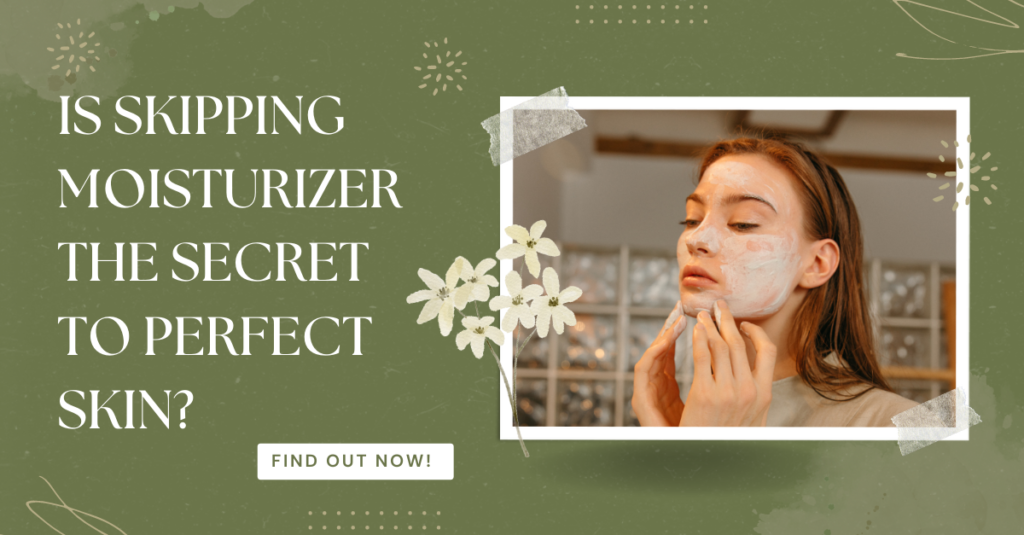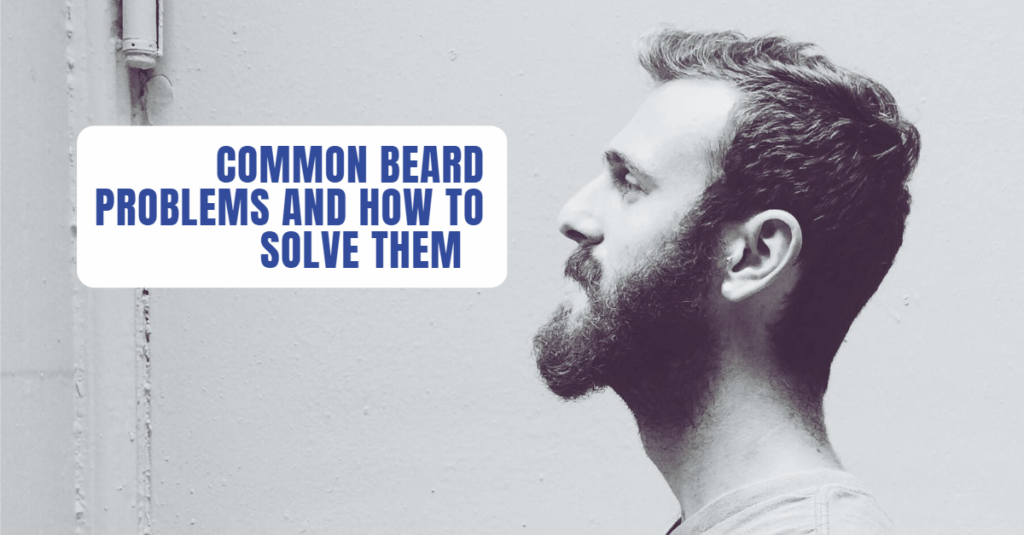Is Skipping Moisturizer the Secret to Perfect Skin? Find Out Now!
When it comes to skincare, there are a lot of conflicting opinions out there. One of the most common debates is whether or not it’s okay to skip moisturizer in the morning. On one hand, some people argue that skipping moisturizer can actually improve the appearance and texture of your skin. On the other hand, many skincare experts believe that moisturizer is an essential step in any morning skincare routine.
So, what’s the truth? Is skipping moisturizer really the secret to perfect skin? In this article, we’ll take a closer look at the arguments for and against skipping moisturizer in the morning. We’ll also explore the science behind moisturizing and how it affects your skin. By the end of this article, you’ll have a better understanding of whether or not you should be using moisturizer in your morning routine.
The idea of skipping moisturizer in your skincare routine might seem counterintuitive. After all, doesn’t moisturizer help keep the skin hydrated and prevent dryness, which can lead to flakiness, itchiness, and even premature aging? While this is true to some extent, there are some situations where skipping moisturizer might actually be beneficial for your skin.
One of the most common reasons people skip moisturizer is because they have oily or acne-prone skin. If you have oily skin, you might worry that using a moisturizer will make your skin even oilier and more prone to breakouts. And while it’s true that some moisturizers can be too heavy for oily skin, there are plenty of lightweight, non-comedogenic moisturizers that won’t clog your pores or exacerbate acne.
However, there is some evidence to suggest that skipping moisturizer can be beneficial for certain skin types. For example, some dermatologists recommend that people with extremely dry skin skip moisturizer altogether, especially during the summer months when humidity levels are higher. The idea is that the skin will naturally produce more oil in response to the increased humidity, which will help keep it hydrated without the need for additional moisturizer.
Another situation where skipping moisturizer might be beneficial is if you’re using other skincare products that are already very hydrating. For example, if you’re using a serum or facial oil that’s packed with hydrating ingredients like hyaluronic acid or glycerin, you might find that you don’t need a separate moisturizer. In fact, using too many hydrating products can actually be counterproductive, as it can lead to a buildup of product on the skin’s surface that can clog pores and lead to breakouts.
Of course, whether or not you should skip moisturizer ultimately depends on your individual skin type and needs. If you have normal to dry skin, using a moisturizer is likely essential to keeping your skin healthy and hydrated. If you have oily or acne-prone skin, you might be able to skip moisturizer or use a lighter formula, but it’s important to make sure you’re still providing your skin with the hydration it needs to stay healthy.
It’s also worth noting that there are other factors that can affect the health and appearance of your skin beyond just moisturizing. For example, your diet, stress levels, and exposure to the sun and other environmental factors can all have a significant impact on your skin’s health and appearance. So while skipping moisturizer might be helpful in some situations, it’s not a magic solution to perfect skin.
Ultimately, the key to achieving healthy, glowing skin is to find a skincare routine that works for you and your unique needs. This might involve using a moisturizer, or it might not. But regardless of whether or not you choose to use a moisturizer, it’s important to take care of your skin in other ways, such as staying hydrated, eating a healthy diet, and protecting your skin from the sun.
In conclusion, skipping moisturizer is not necessarily the secret to perfect skin. While it might be beneficial in some situations, such as if you have extremely dry skin or are using other hydrating products, it’s important to remember that everyone’s skin is different, and what works for one person might not work for another. The most important thing is to listen to your skin’s needs and take care of it in a way that works for you.

My name is Rohit Vagh and I’m a content writer specializing in fashion and lifestyle. I have three years of experience in this field and have written various articles. My writing style is creative and engaging, and I strive to create content that resonates with my readers. I have a deep passion for fashion and am constantly researching the latest trends and styles to make sure my readers are up to date. I’m excited to continue my career in blogging, and I’m always looking for new opportunities in the fashion and lifestyle space.





